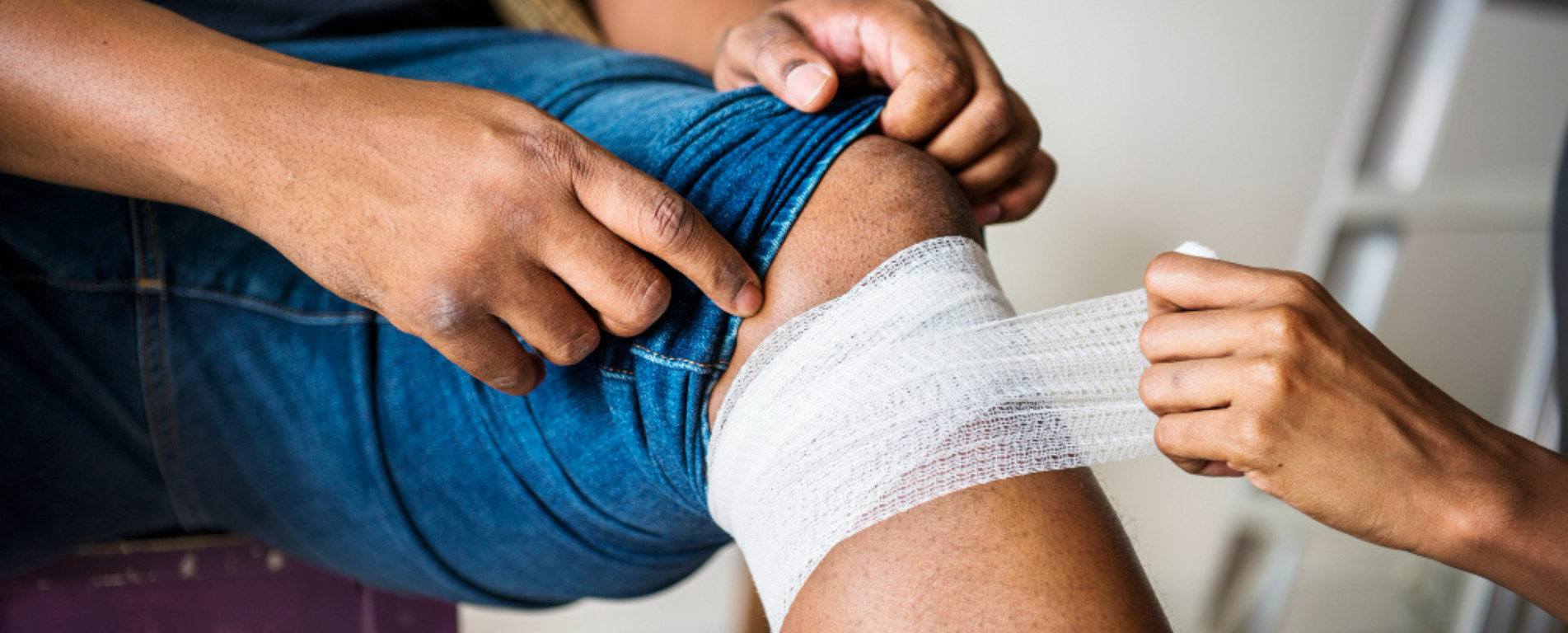Did you know that you can make the entire process of getting personal injury settlements 100 times easier? How? Well, simply by avoiding certain common mistakes in personal injury cases!
You see, personal injury claims can stall for months. Even years, when avoidable mistakes creep in. Piles of paperwork get lost, deadlines slip by, and insurers look for any reason to downplay your injuries.
In this blog, I will be talking about how you can avoid certain mistakes to make the process of getting your claim easier.
Therefore, if you want to protect your claim and secure timely compensation, keep on reading till the end…
What Are The Common Mistakes in Personal Injury Cases?
While a lot of people might think that not hiring a personal injury lawyer is the most common mistake when it comes to cases, there are a lot more than that.
So what are these? Well, a few common mistakes made in personal injury cases include:
- Not seeking medical attention immediately.
- Failing to document the incident.
- Not reporting the accident.
- Admitting guilt.
- Entering into a settlement agreement too soon.
But guess what? These are not all!
Besides that, it is very important not to talk to the insurance companies without your lawyer and to be careful with your social media posts if they concern the accident.
So, here are the most common mistakes in personal injury cases that people make:
1. Not Hiring Counsel With Local Experience
You need a lawyer who knows Georgia law and Cobb County courts. Working with a Kennesaw personal injury law firm gives you an edge. They know local judges, adjusters, and typical timelines. This insight speeds up motions and negotiations.
When you meet lawyers, ask about case results in your area. Check online reviews and request references. A proven track record of timely settlements and trial wins matters.
The right attorney handles filings, outlines deadlines, and pushes your case forward. This frees you to focus on healing while they handle legal work.
2. Missing The Statute Of Limitations Deadline
According to Georgia’s statute of limitations, any personal injury claim has to be made within 2 years. That’s from the date of the accident. If that time has passed then it is not possible to sue.
Besides that, each court and insurance company sets its own timeframes for different things like:
- The submission of forms.
- Responses.
- Depositions.
- Hearings.
One missed deadline can be detrimental to your case and even lead to its abrupt end.
Employ a shared calendar or case-management application in order to record all the due dates. Make sure that your lawyer is aware of each filing and get copies of all the forms that you submit.
When you remain current on forms, this confirms to both the insurers and the courts that they are dealing with a well-organized case. In addition, it might save you from losing your claim just because of technicalities.
3. Delaying Medical Treatment
Not seeing a doctor for days or weeks can worsen your situation and thus may weaken your claim. Insurers may thus try to convince the court that your injuries are minor and unrelated to the accident.
The treatment at an early stage provides the evidence in the medical history that your condition was caused by the accident. Also, it speeds up your recovery.
To prevent tardiness, get an appointment for examination at the earliest possible time. You should keep all the records from the emergency room to follow-up notes, and get copies if necessary.
Arrange them in sequence from the oldest to the most recent. Rapid medical care indicates that you are not indifferent to your
4. Failure To Document The Accident Scene
Scenes change by the hour. Rain washes away skid marks, witnesses leave, and property damage gets repaired. Use your phone to photograph vehicles, road signs, and hazards from multiple angles.
In addition, note the weather, road conditions, and lighting. Sketch a quick map if you can’t get photos of everything.
Collect names, phone numbers, and emails for all witnesses. Store images in a labeled folder immediately. This raw evidence saves you from costly gaps later.
5. Giving A Recorded Statement Too Early
Insurers often request recorded statements soon after a crash. Their goal is to catch you in an inconsistency.
Wait until you have spoken with your attorney. A lawyer prepares you for tough questions and flags tricky topics.
Stick to the facts: what you saw, heard, and felt. Keep answers brief and avoid guessing. If you don’t know, say so. Also, never volunteer extra details.
A carefully planned statement prevents insurers from twisting your words. It also protects you if your account evolves as more facts emerge.
6. Ignoring The Impact Of Social Media
A single post can derail your claim. A tagged photo at a party or gym check-in contradicts your injury story. Be sure to turn off location services and tighten privacy settings.
Better yet, pause all activity until your case is resolved. Ask friends and family not to post about you. Your attorney can draft simple social media guidelines to share.
In addition, avoid comments about your case on forums or apps. Minimizing online footprints shields you from credibility attacks that slow down settlements.
7. Settling Too Early
First offers rarely reflect your total losses. Insurers know most claimants want a quick payout. They may present a number that covers only immediate medical bills.
Future costs like ongoing therapy, lost earning capacity, or home modifications get overlooked. Resist the urge to accept early offers, and let your case progress until you have a full view of your damages.
Your lawyer projects future needs based on medical opinions and expert reports. Then you can negotiate a figure that truly compensates you. Patience here can mean tens of thousands more in your pocket.
8. Ignoring Your Doctor’s Advice
Skipping appointments or therapy sessions weakens your credibility. It suggests you might not be as hurt as you claim.
Follow every recommendation, from medications to specialist visits. If your doctor prescribes physical therapy, attend each session.
In addition, track mileage to and from appointments and save receipts. Be sure to record any side effects or complications as well. These notes back up your need for treatment.
When insurers see consistent compliance, they lose room to argue. Staying on your treatment plan proves you are handling recovery responsibly.
9. Underestimating Non-Economic Damages
Medical bills, lost wages, and repair costs are easy to tabulate. However, pain and suffering, emotional distress, and loss of enjoyment of life are harder to value.
Clients often focus only on tangible losses. Keep a detailed journal documenting how the injury affects you. Note sleepless nights, anxiety attacks, and tasks you can no longer perform.
In addition, include comments from family on how your mood and habits have changed. These real-life details give weight to non-economic damage calculations.
When insurers see your lived experience, they are more likely to make a fair offer sooner.
10. Neglecting To Preserve Evidence
Throwing away torn clothing or helmet fragments can sink your claim. Insurers challenge you when key items vanish. Keep damaged items in a safe, dry place. Be sure to photograph them before you store them.
In addition, save repair estimates, medical receipts, and pharmacy bills. Archive text messages, emails, and social media comments related to the accident.
If surveillance video exists, request it immediately from property owners or law enforcement. Proper preservation halts arguments over missing proof and keeps your case moving.
Your Legal Guide: Get The Right Lawyer For Your PI Case!
Avoiding these ten errors keeps your claim on track. Act fast on deadlines and document everything.
Seek immediate medical care and preserve all evidence. In addition, limit insurer conversations and cut back on social media. You should also preserve evidence and resist early offers without counsel.
Finally, hire a lawyer who knows Georgia’s local courts. Staying organized, proactive, and informed puts you in control of your case. You will reduce delays and secure the compensation you deserve.
Read More:
















